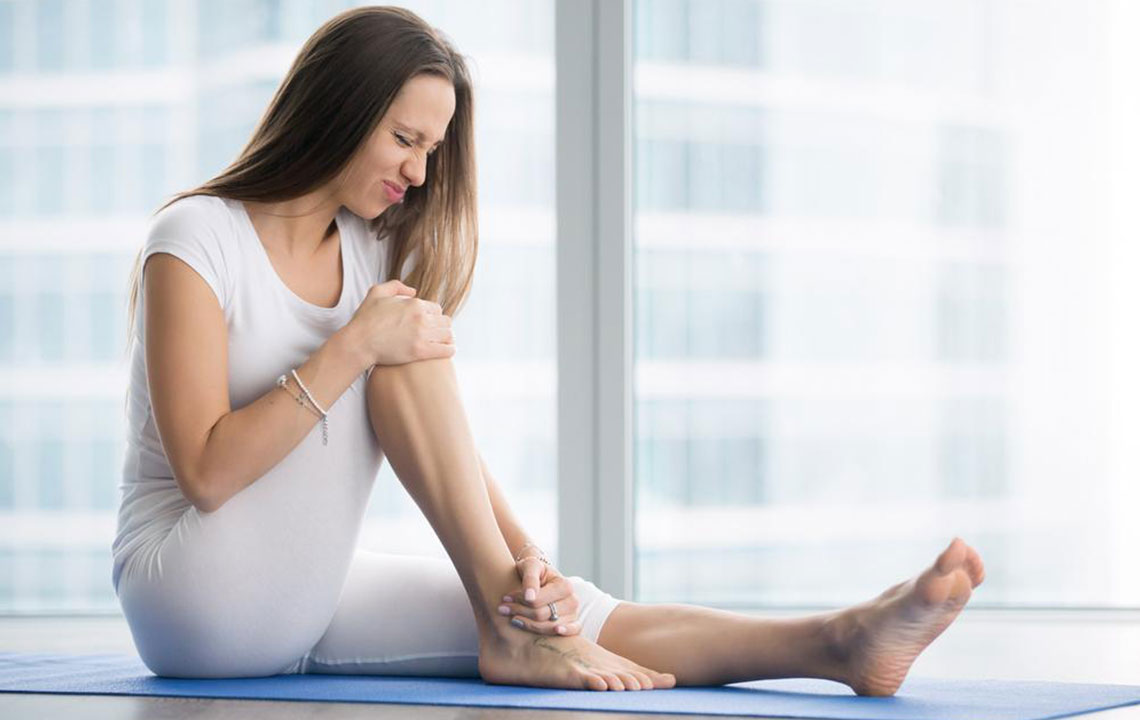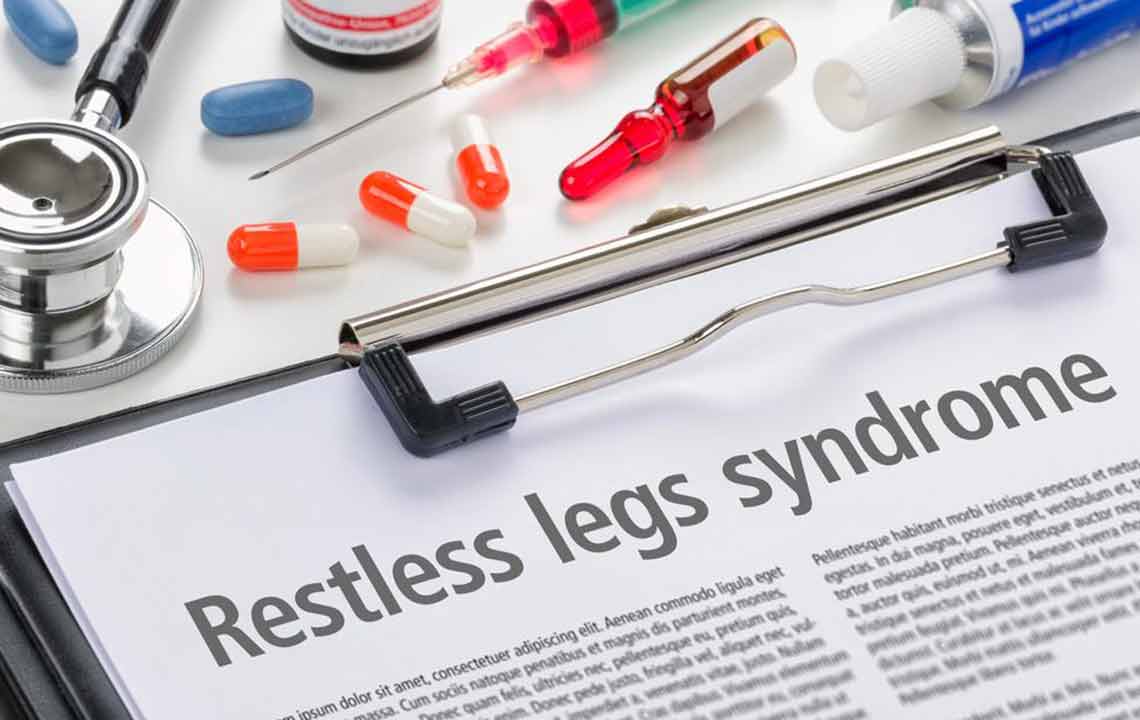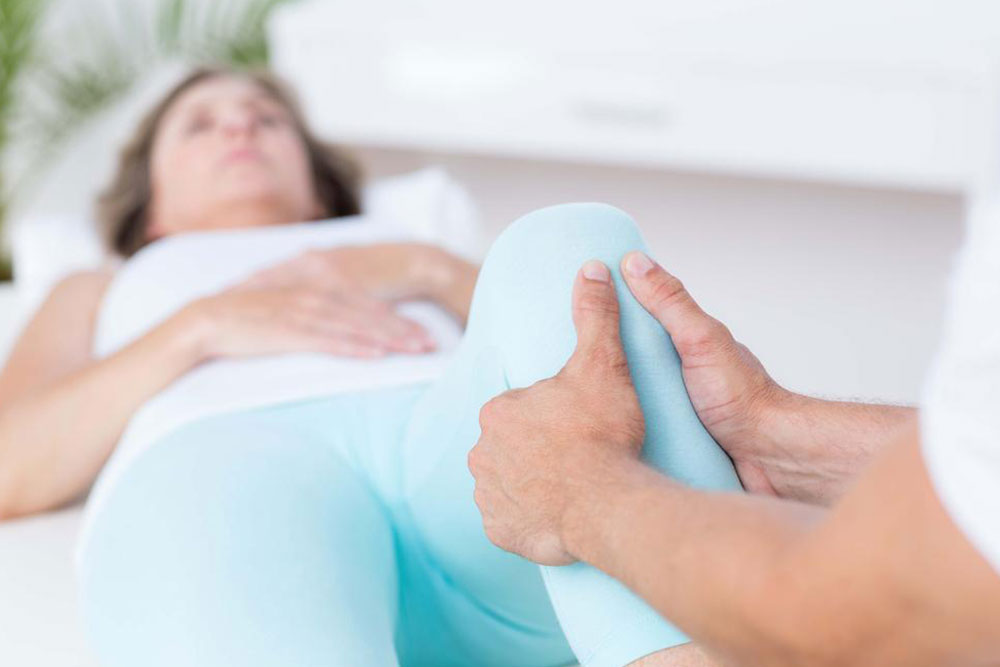Effective Natural Strategies to Alleviate Restless Legs Syndrome Symptoms
This comprehensive guide explores over eight natural strategies to help manage and relieve Restless Legs Syndrome. Key tips include maintaining iron levels, adopting healthy lifestyle habits, engaging in gentle exercise, and using home remedies for symptom relief. Understanding these natural approaches offers a holistic way to improve sleep quality and overall well-being for those affected by RLS.

Effective Natural Strategies to Alleviate Restless Legs Syndrome Symptoms
Restless Legs Syndrome (RLS), also known as Willis-Ekbom disease, is a common neurological disorder that affects a significant portion of the population, particularly in the United States. This condition manifests as an overwhelming and often irresistible urge to move the legs, predominantly during periods of rest or when trying to sleep. The discomfort is frequently worse during the evening and nighttime hours, severely impacting sleep quality and daily functioning. Understanding the underlying causes and exploring natural management options can greatly improve sufferers’ quality of life. This article delves into over eight natural solutions for managing RLS effectively, emphasizing lifestyle adjustments, dietary considerations, and home remedies that can help reduce symptoms naturally.
Managing Restless Legs Syndrome calls for a comprehensive approach that targets both neurological and lifestyle factors. One of the most critical aspects is maintaining optimal iron levels, as iron deficiency has been closely linked to RLS. Consuming iron-rich foods such as lean meats, spinach, beans, and fortified cereals can be beneficial. In some cases, iron supplements may be necessary under medical supervision to correct deficiencies. Alongside dietary strategies, lifestyle modifications play a vital role. Incorporating a healthy, balanced diet, managing stress levels through mindfulness practices like meditation or deep-breathing exercises, and ensuring adequate sleep are foundational steps towards symptom relief.
Regular physical activity, especially gentle exercises like yoga, tai chi, or light stretching routines, can help strengthen muscles and improve circulation, thereby reducing RLS symptoms. It's essential to avoid stimulants, including caffeine, nicotine, and alcohol, which can exacerbate the condition. Moreover, being mindful of medications that might trigger or worsen RLS symptoms is advisable, and consulting healthcare providers for medication management is recommended. Incorporating home remedies such as limb massage, hot or cold compresses, and engaging in distracting activities during uncomfortable episodes can also provide significant relief. For persistent or severe symptoms, professional medical advice should always be sought to explore further treatment options.





